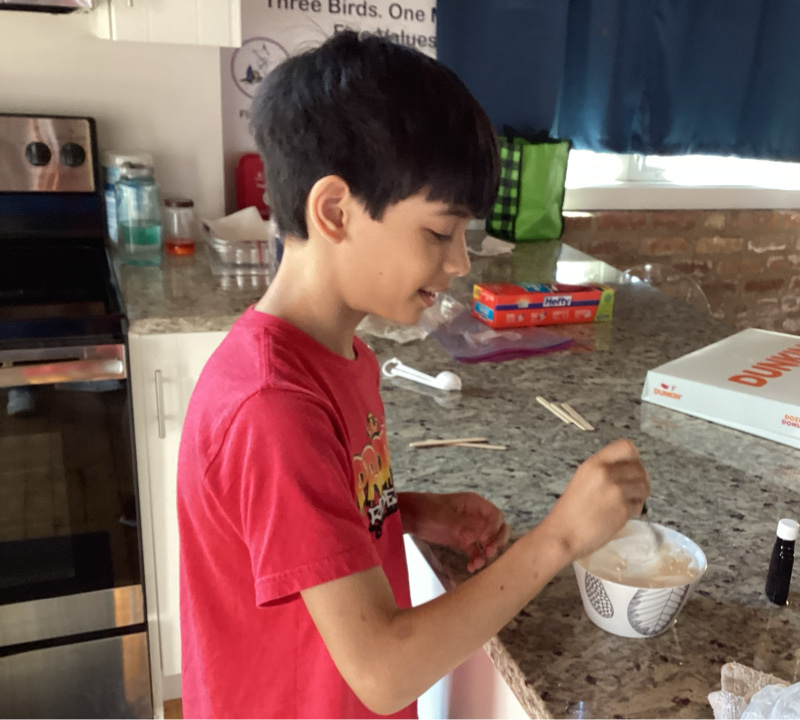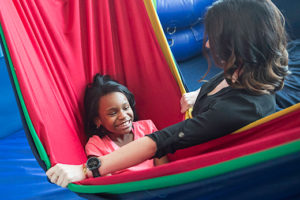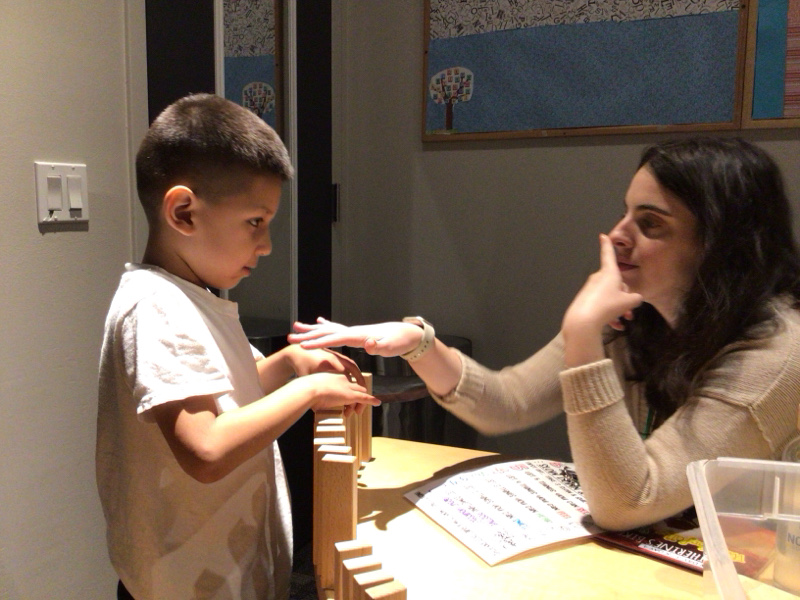Creating a structured, predictable morning routine is a powerful gift you can give your child every day. For neurodiverse children, mastering a morning routine does more than just get them out the door on time—it builds a foundation for lifelong success. When they start the day feeling capable and in control, they develop confidence, reduce anxiety, and strengthen the executive function skills that will serve them in school, friendships, and their future careers.
Instead of starting the day feeling stressed and overwhelmed, they can begin with a sense of accomplishment. This positive start can transform the trajectory of their entire day.
Why Morning Routines Matter for Neurodiverse Children
The way a morning begins can significantly impact the rest of the day, and this is especially true for neurodiverse children. While a neurotypical child might bounce back from a chaotic morning, a neurodiverse child often carries that stress forward. This can affect their ability to focus, regulate their emotions, and engage positively with others.
Evidence-based approaches show that children with neurodevelopmental differences thrive on structure and predictability. A morning routine provides an essential framework that creates a sense of safety and reduces the cognitive load of navigating daily tasks.
When your child knows exactly what comes next, their brain can relax. Rather than constantly asking, “What do I need to do now?” they can focus their mental energy on completing each task. This predictability is crucial for children who struggle with executive function, working memory, or processing speed.
The Science Behind a Successful Morning
Morning hours are a prime opportunity to build positive momentum. When children successfully complete their morning routines independently, their brains release feel-good chemicals that boost confidence and motivation.
On the other hand, chaotic mornings can trigger the body’s stress response, flooding the brain with cortisol. For children who may already have heightened stress responses, this creates a cycle of feeling overwhelmed before their day has even truly begun. By establishing calm, structured morning routines, you help regulate your child’s nervous system. This sets them up for better emotional regulation, attention, and social interactions at school and at home.
Creating Visual Support Systems
Visual charts and schedules are powerful tools, especially for children who are strong visual learners and process pictures more easily than verbal instructions.
When designing visual supports, it’s important to meet your child where they are. Consider their specific needs and preferences. Many children respond well to:
- Photographs of themselves completing each step.
- Simple drawings or symbols.
- Detailed and specific images.
- Bold and colorful charts.
Position these visual aids strategically throughout your home. A morning routine chart on their bedroom door, a checklist by the bathroom sink, and a backpack list near the front door eliminates the need for your child to remember information from room to room. Making these supports interactive with Velcro strips or special markers can also help children with sensory processing needs, reinforcing their sense of accomplishment.

Breaking Down Complex Tasks
Simple instructions like “get dressed” can feel overwhelming because they involve multiple steps. Breaking a task down into its smallest components is an effective strategy. This level of detail might seem excessive, but for a child with executive function challenges, it prevents confusion and reduces mental effort.
Instead of “get ready for school,” try this sequence:
- Get out of bed when the alarm rings.
- Go to the bathroom.
- Wash your hands with soap.
- Brush your teeth for two minutes.
- Put the toothbrush back.
- Choose clothes from the designated drawer.
- Put on underwear.
- Put on a shirt.
- Put on pants.
- Put on socks.
- Choose appropriate shoes.
This explicit, step-by-step guidance provides the external structure needed for success.
Building In Time for Regulation and Recovery
Neurodiverse children often need extra time to process information, transition between activities, and regulate their emotions. A routine that feels rushed will likely feel overwhelming.
Build buffer time into your schedule. For example, allow five extra minutes for your child to wake up fully. Use transition warnings like, “In three minutes, we’ll brush our teeth,” to help them prepare mentally for what’s next.
Create opportunities for sensory regulation within the routine. This could be two minutes of deep breathing, a quick break with a fidget toy, or playing calming music. For children who struggle with morning alertness, gentle movements like stretching or jumping jacks can help activate their nervous system.
Common Challenges and How to Help
Even with a solid plan, challenges can arise. Here’s how to offer support:
- Executive Function Difficulties: For children who struggle with planning and organizing, provide external structure. Timers, checklists, and environmental cues, like a basket by the door for school items, can be a huge help.
- Sensory Processing Differences: Sensory sensitivities can derail a routine. If toothbrushing is a struggle, try different toothbrush textures or toothpastes. If clothing textures are an issue, lay out clothes approved by your child the night before.
- Attention Challenges: If your child gets distracted, use a visual timer to help maintain focus. Breaking longer tasks into smaller chunks can also keep them on track.
- Anxiety and Perfectionism: Some children become paralyzed by the fear of not doing things perfectly. Emphasize “good enough” completion rather than perfection and build in flexibility for days when things don’t go as planned.
The Gift of a Strong Start for Lifelong Success
Every morning presents a new opportunity to set your child up for success. When you invest time and patience into creating an effective, individualized morning routine, you are giving your child invaluable tools that build skills for lifelong success.
Celebrate the small victories and remember that building routines is a marathon, not a sprint. When your child starts each day feeling capable and prepared, they carry that confidence into every interaction and challenge they face. You are not just helping them get ready for school—you are helping them get ready for life.
At Eyas Landing, we provide comprehensive, family-centered therapy that meets your child where they are. Our skilled therapists work with you to build personalized strategies that fit your life. To learn more about our evidence-based approaches, explore our services today.

Eyas Landing is a therapy clinic with a mission to provide evidence-based and family-centered therapy services for children, adolescents, and their families. The primary goal is to deliver relationship-based interventions within the most natural environments and to empower families to reach their full potential. To achieve this goal, our highly educated, compassionate staff dedicates time and expertise to create experiences that maximize therapeutic outcomes. The strength, determination, and perseverance of our clients are evident as they succeed in therapy, and ultimately in their daily lives.
Eyas Landing offers a wide range of comprehensive services including Speech Therapy, Occupational Therapy, Physical Therapy, ABA Therapy, Social Work, Family Therapy, and Neuropsych testing. Services are provided throughout the Chicagoland area via Telehealth, In-Home, and in our state of the art clinic.
Want to learn more or you have a specific question? Feel free to connect with us here!




